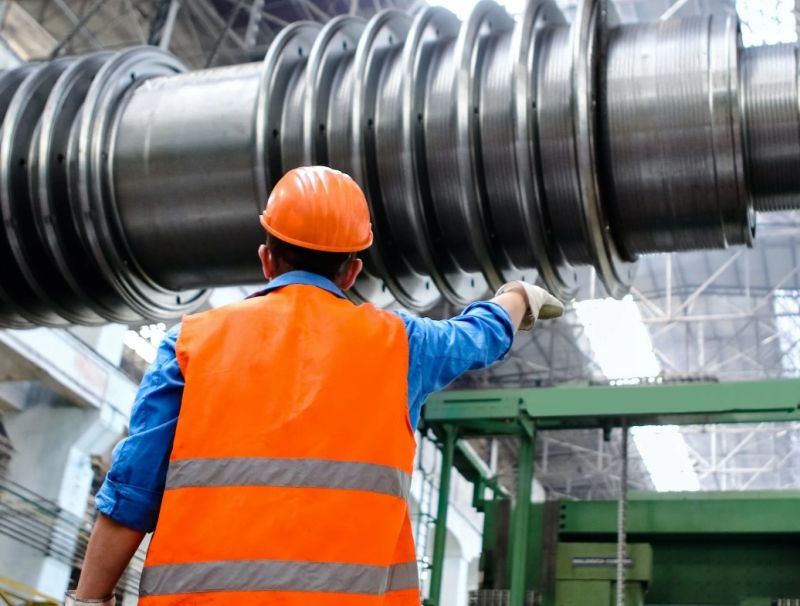Maximizing the Efficiency of Your Solar Installation
The goal of a solar installation is to create an efficient and reliable source of renewable energy, which can often be a difficult task for the untrained home or business installer. With so many different components, from panels and inverters to batteries and regulators, it can be difficult to ensure that each component is optimally installed in order to maximize the efficiency of the entire solar system.
To help ensure that your solar installation is as efficient as possible, this blog post will provide key information and tips on how to maximize the efficiency of your home solar installation on Maui. From choosing the right panels and inverters to properly installing the components and monitoring the system, this blog will provide you with all the necessary information to ensure that your solar installation is as efficient as possible.
1. Consider the location of the solar installation
When planning your solar installation, the most important factor to consider is the location of the installation. If the panel is placed in a place that receives plenty of sunlight, it will be more efficient. Consider the direction your roof is facing, the amount of shade from trees or other buildings, and the angle of the sun at different times of the day. If possible, try to get an installer that can help you pick the best spot for your installation. Additionally, the placement of the solar panels should be optimized for collecting maximum solar energy. This means that the panels should be placed in a way that they are not obstructed by any kind of shading or other objects.
2. Assess the amount of available sun
Before you can get the most out of your solar installation, you need to assess the amount of available sun. This can be done with a solar energy assessment. A solar energy assessment usually involves measuring the amount of sun that hits a specific area throughout the year, as well as taking into account environmental factors such as shade from trees or buildings. With this information, you can determine the optimal location for your solar array and plan accordingly.
3. Utilize the right type of installation
Installing solar panels on your property is an exciting endeavor and one that can save you money in the long run. However, in order to maximize the efficiency of your solar installation, it’s important to utilize the right type of installation. Different types of solar installations have different benefits and drawbacks, so it’s important to do your research before you commit to an installation. Roof mounting, ground mounting, and pole mounting are all different installations that can be used, each with their own advantages and disadvantages. Researching the different types of installations and choosing the right one for your particular circumstances can make a big difference in the efficiency and productivity of your solar installation.
4. Invest in quality equipment
Investing in quality equipment is essential when it comes to maximizing the efficiency of your solar installation. High-quality photovoltaic (PV) panels and mounting hardware are necessary to ensure the system lasts as long as possible and produces enough energy to make the installation worth it. Additionally, look for inverters and other electrical components that have a high efficiency rating and will be able to handle the load of the solar system. Quality solar equipment also means fewer maintenance needs, which can help you save time and money in the long run.
5. Monitor performance regularly
One of the key aspects of maximizing the efficiency of your solar installation is to monitor performance regularly. This will help you identify any issues that may arise, as well as ensuring that the system is running at its optimal efficiency. Regular monitoring can be done manually or through the use of automated systems. Manual monitoring involves visually inspecting the performance of the system, while automated systems use sensors and tracking software to measure the performance. Both methods provide important data and insights that can be used to make adjustments to the system and ensure it is running at its peak performance.
In conclusion, there are many ways to maximize the efficiency of your solar installation. From using the right size panels to utilizing smart technology, it’s important to understand the different approaches to ensure you get the most from your system. Investing in solar energy is an excellent way to decrease your monthly energy bills and reduce your carbon footprint. With the right installation and maintenance strategies, your solar energy system can bring you years of efficient and cost-effective energy.







